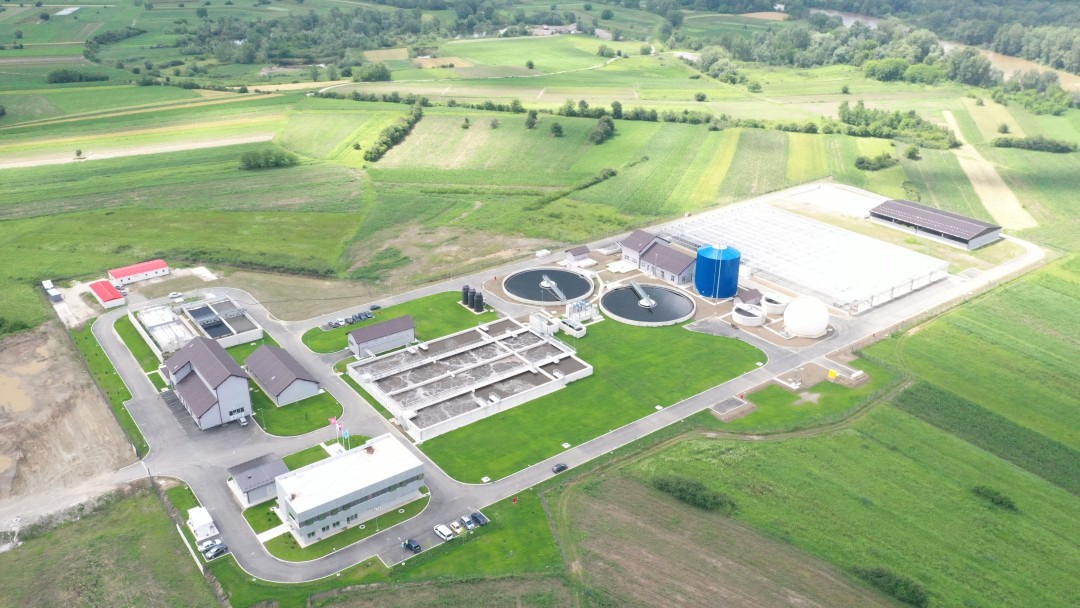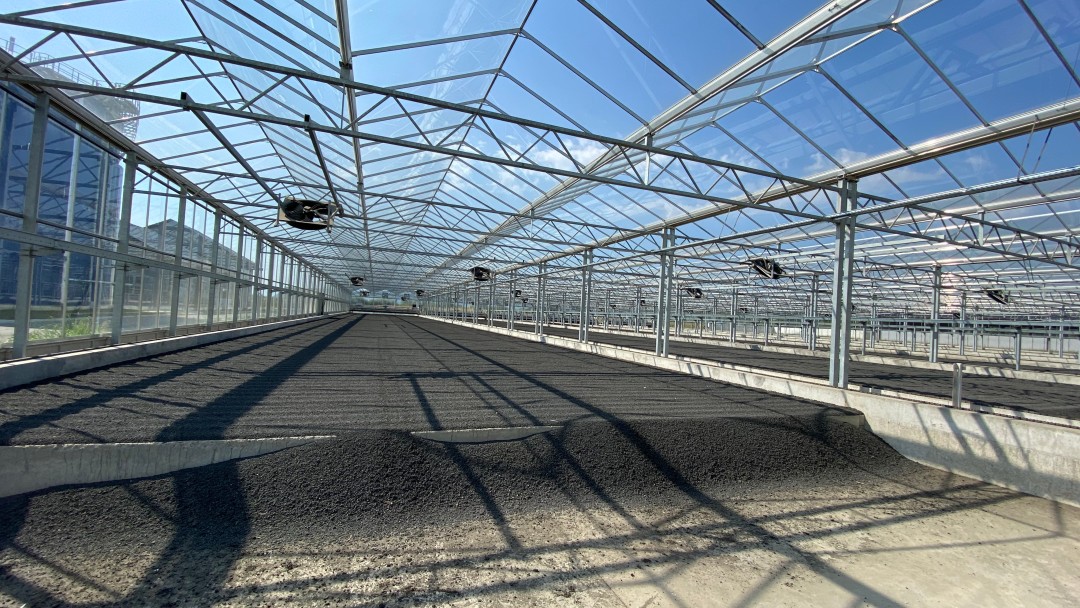News from 2022-03-22 / KfW Development Bank
Improving water quality and promoting renewable energies
KfW supports the construction of wastewater treatment plants and sewage networks in two large municipalities in Serbia
In Serbia, a large part of the wastewater still flows untreated into the rivers. On behalf of the German Federal Government and the EU, KfW is supporting two cities in the south of the country with the construction of state of the art networks and treatment plants that comply with EU standards for wastewater quality.

Serbia still has a considerable backlog and investment need in the area of wastewater disposal. Only 15% - 20% of the wastewater is so far (hygienically) treated. The government now wants to improve the water quality of the rivers, also to meet the requirements for EU accession in this area. The relevant negotiation chapter for environmental protection and climate change in the process of accession negotiations was recently opened for Serbia.
KfW is financing a programme to construct state of the art wastewater treatment plant in the towns of Kruševac and Vranje so that their wastewater is no longer discharged directly and untreated into the Morava. KfW is providing EUR 47 million from the budget of the German Federal Ministry for Economic Cooperation and Development (BMZ) and EUR 1.4 million from EU funds for this purpose. The programme also enables a reform of the tariffs, which on the one hand ensures the financial sustainability of the municipal utility companies and their services and on the other hand takes into account the financial resilience of the municipal budgets.

Sewage sludge as an energy source
In Kruševac and in Vranje, the regenerative resource sewage sludge is used for sewage gas production and thus for energy generation. Thereby, the sewage sludge undergoes a solar drying plant in which the amount of sludge is significantly reduced. This enables co-incineration in the cement industry, a disposal with lower carbon dioxide emissions.
Jasmina Palurović, mayor of Kruševac, says: "With the new sewage treatment plant, our city will soon be one of the most modern ecological cities in Europe, putting us one step ahead of other municipalities."
Highly motivated partners
The KfW programme follows a performance-based approach, which means that the potential partner cities and their utilities have to apply and meet certain requirements to qualify for the investments. This approach has the advantage of motivating the partner municipalities and encouraging cooperation with the municipal administration and utilities, an important contribution to good governance.
In the meantime, more than 85% and 95% respectively of the households in the two cities are already connected to the sewage system and thus to the wastewater treatment plant. Sewage treatment in the wastewater treatment plants now complies with target values of the EU directives. The key figures for debt service, cost recovery and collection efficiency show that the operation is now financially sustainable.
The programme makes an important contribution to transboundary environmental protection, to the implementation of the goals of the Danube Protection Commission and, last but not least, to an improved health situation of the local residents. Both participating cities have become pioneers for the region. Other Serbian municipalities and utilities are also interested in this solution.

Share page
To share the content of this page with your network, click on one of the icons below.
Note on data protection: When you share content, your personal data is transferred to the selected network.
Data protection
Alternatively, you can also copy the short link: https://www.kfw-entwicklungsbank.de/s/enzBWrMC.CqnA
Copy link Link copied